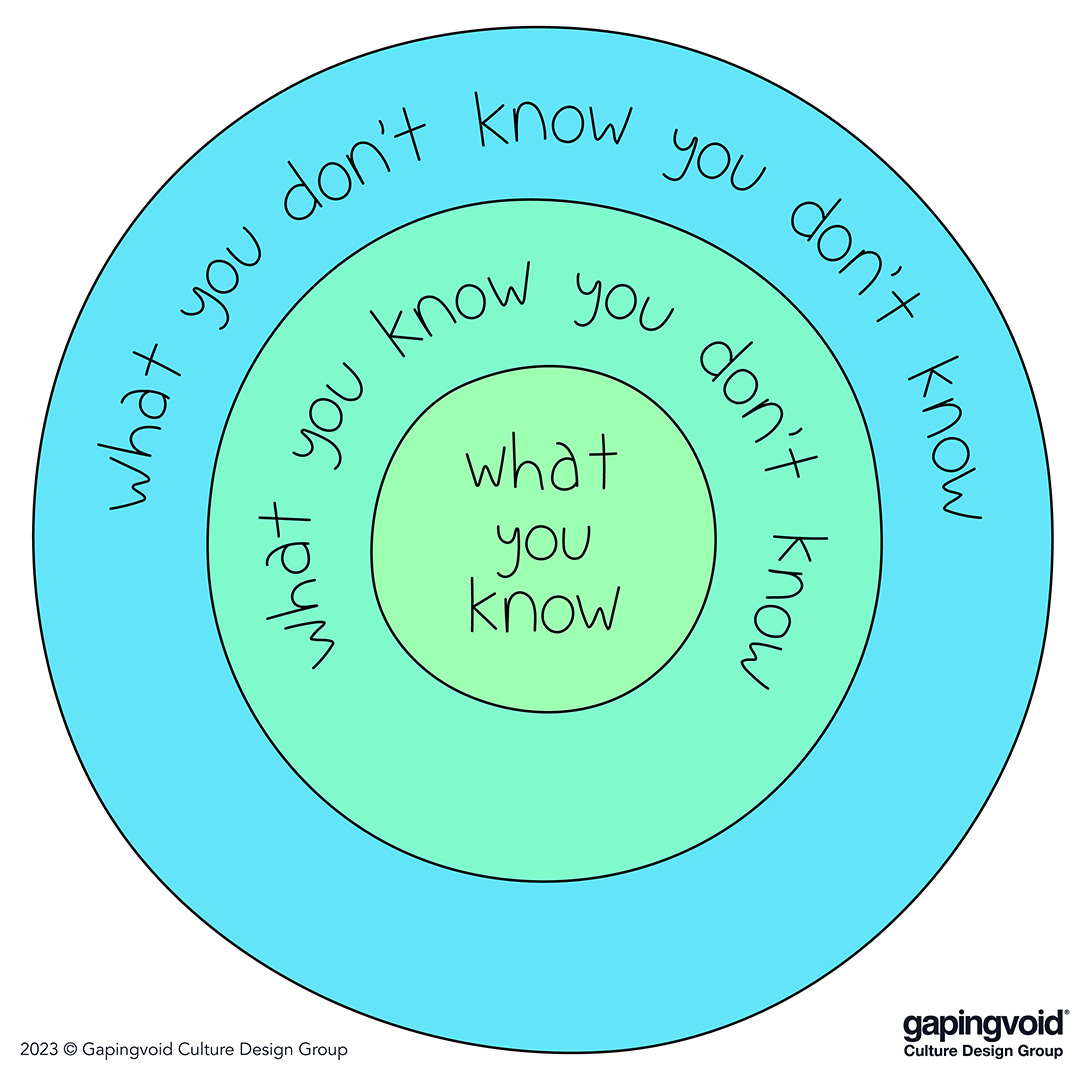#80: more intention, less trying
👋 Welcome to the 80th issue of Out of Curiosity, a weekly newsletter promoting ideas to help get 1% better everyday.
My name is Reza, and every week, I go through nearly 100 pieces of content (from books and podcasts to newsletters and tweets), and bring you the best in this newsletter.
If you’re constantly in search of design inspiration, you might want to check out this solid → Design Vault that
shipped last week. It’s a collection of highly-organized, hand-picked projects to spark some inspiration for the next thing you’re making.This is not an ad, by the way. But every time Nate ships something, I feel obliged to endorse it given how much thought and effort he puts into it.
While we’re at it, here’s a throwback to one of my favourite episodes of the podcast Nate and I used to host together where we talk about finding topics to write about.
With that, let’s dive into this week’s ideas.
In this issue:
🤗 It’s never too late to make close friends
💆 The quiet power of introverts
🔎 Finding fulfillment
🙏 Don’t try, intend
🤗 It’s never too late to make close friends
I've caught myself saying things like, "finding meaningful friendships is no longer viable once you're in your 30's", or "those high-school friendships are something else".
In general, though, I'm actively aiming to be aware of these limiting beliefs and operate under the "anything is possible" or "never say never" principles in all aspects of my life. The example in this article, and what it led to was a good reminder.There’s an assumption in life that by the time you’ve reached your more seasoned years, you’ve made all the close friends you need. Surely you’ve accumulated enough through school, university and work. But I’ve learned that close friends can be made at any age. In my case, one of my most meaningful, profound friendships was formed when I was in my mid-50s. It is a unique bond that crosses cultures, languages and continents.
→ Guardian | 7-min read
💆 The quiet power of introverts
Introverts need solitary time to recharge. They are more sensitive to dopamine and prefer the slow-burn feeling of acetylcholine. They value deep connections with a few friends and can enjoy spending time by themselves.Now I understand myself better, I am deeply grateful for how I am.
Instead of filling up space with small talk, I listen patiently and make my words matter.
I have few friends but our connection is deep.
I love spending time alone.
It's where the chaos of a long day can finally settle. I can reflect and listen to my thoughts, and eventually reconnect with myself.
Only after that am I ready to share with the world again.
🔎 Finding fulfillment
This article explores the concept of fulfillment, drawing on Daniel Pink's model of motivation (autonomy, mastery, purpose), the Japanese concept of "ikigai" (personal passion), and Simon Sinek's "Start with Why" principle.
Jason also introduces his own framework, adding "Joy" to the mix, suggesting true fulfillment comes from doing work you love (Joy), are good at (Skill), and that is needed (Need).
How to find it? Some prompts to get you started 👇
If I could go back in time, I would tell myself to worry less about ______ and more about ______.
When I’m on an extended vacation, I get itchy to ______; I just can’t help it.
My parents/friends always laugh when I start talking about ______ because I get so excited I can’t stop talking about it.
If I could go (back to) college, I would get a degree in ______.
I was surprised how much my peers praised my work when I ______; maybe I’m better at that than I thought.
I asked a few people who know me, and who I trust to be thoughtful and observant, and they said my special strengths are ______.
This paragraph (leveraging what you're good at to build new skills) struck a chord with me:The healthiest work environment is where your existing skills help you succeed at the nominal job description (so you’re operating from a position of strength), and where the job permits or even encourages your learning in the direction you want to develop (incurring the costs of learning, such as work taking longer than it ought to and making avoidable mistakes).
→ A Smart Bear | 13-min read
🙏 Don’t try, intend
In any apparent attempt to do a thing, there may or may not be a real intention to do that thing. If you intend to do a task, it will be done unless it can’t be. Trying to do a task means almost the opposite: if there’s a way it can remain undone, it probably will.
The tryer fixates on the difficulty of the task, and hopes for relief in the form of success. The intender fixates on success and navigates any difficulty arising on the way.
→ Raptitude | 3-min read
On the same topic, here are 8 questions to reflect on to lead a more intentional life (h/t Khe Hy):
Why does work dominate our lives?
Why are we obsessed with growth?
Is freedom overrated?
Should you follow your passion?
Why do we fear being ordinary?
Should you play status games?
Does legacy matter?
When can I stop worrying about money?
✨ One last thing…
👋 Until next week,
🗂
If you enjoyed this issue, let me know by hitting the ❤️ button below ⤵️




Thanks for the shoutout! When are we starting the podcast up again? 🙃